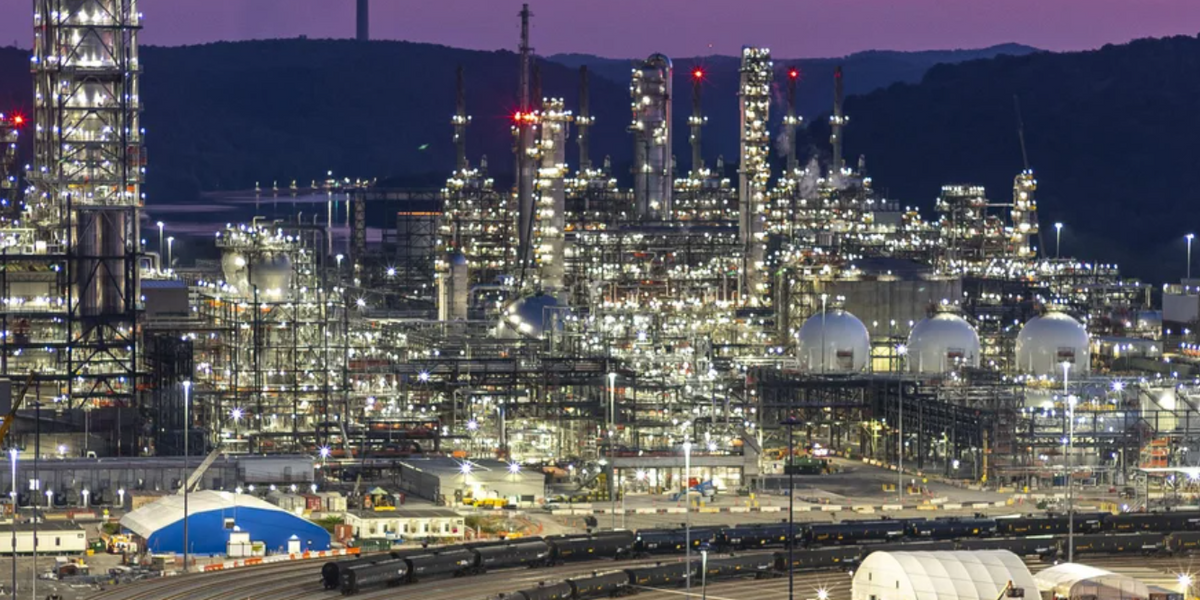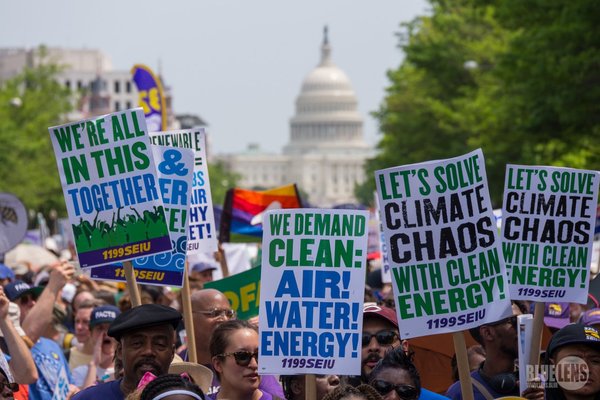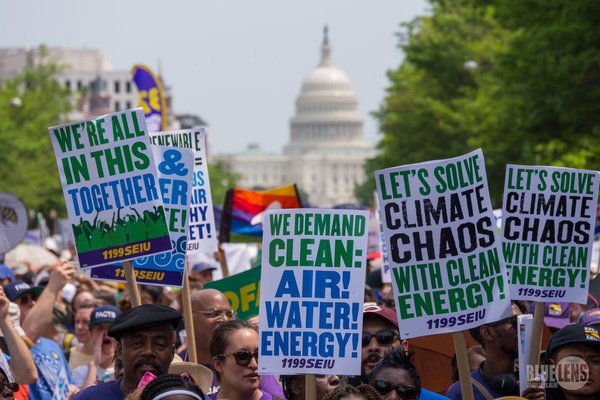
Shell must seek a new air pollution permit for its Pennsylvania plastics plant
For nearly a year and a half the company has been operating under a construction permit. Now, the plant will be subjected to federal Clean Air Act laws.
PITTSBURGH — The Pennsylvania Department of Environmental Protection (DEP) is requiring Shell Chemical Appalachia to submit a new air pollution permit for its massive petrochemical plant in Beaver County, Pennsylvania, which will subject the plant to more regulatory oversight than it’s been operating under.
The company began operations in November 2022, but has continued operating under its initial construction and temporary operating permit.
The plant emits enough air pollution that it is considered a “major polluter” under the federal Clean Air Act, so it must submit a Title V operating permit. These permits require companies to certify their compliance with federal clean air laws at least annually and provide guidelines for state and local regulatory agencies to issue notifications and fines when companies violate the conditions of their permits.
Shell has a June 21, 2024 deadline to submit the permit application. Once submitted, the DEP must issue or deny the permit within 18 months. As part of this process, there’s typically a public hearing and a 30-day public comment period.
Health and environmental advocates applauded the move, saying it will give nearby communities more information and avenues to hold the plant accountable for pollution.
“Since its opening in late 2022, Shell’s Beaver County plastics plant has been a serial lawbreaker, illegally emitting many tons of pollution into the air we breathe,” said Alex Bomstein, Clean Air Council executive director, in a statement. “DEP’s order to Shell to apply for a Title V Operating Permit for its plant sets up the public and our environment with better protection from harmful pollution, and allows the public to file comments and petition the EPA to object to any potential shortcomings in the resulting permit.”
Within a few months of starting up, Shell’s Pennsylvania plastics plant was fined more than $10 million for exceeding its annual pollution limits for volatile organic compounds, carbon monoxide, nitrogen oxides and other hazardous air pollutants.
Exposure to these pollutants is associated with a long list of negative health effects including dizziness, nausea, respiratory and heart disease, and higher cancer risk. The plant was also cited for discharging benzene, a carcinogen, into the Ohio River, which provides drinking water to about five million people.
Local environmental health advocates requested that the public hearing for the permit happen in person rather than virtually. One local advocacy group, the Beaver County Marcellus Awareness Community (BCMAC), sent the DEP a letter asking the agency to publish Shell’s permit application online for the community to review.
"We're working with local, regional and national partners who have the legal and technical experience with Title V permits to ensure that Beaver County residents will be accurately informed every step of the way," said Hilary O’Toole, executive director of BCMAC, in a statement. “We will be scheduling meetings and educational events throughout Beaver County to engage municipal leaders and community members.”














